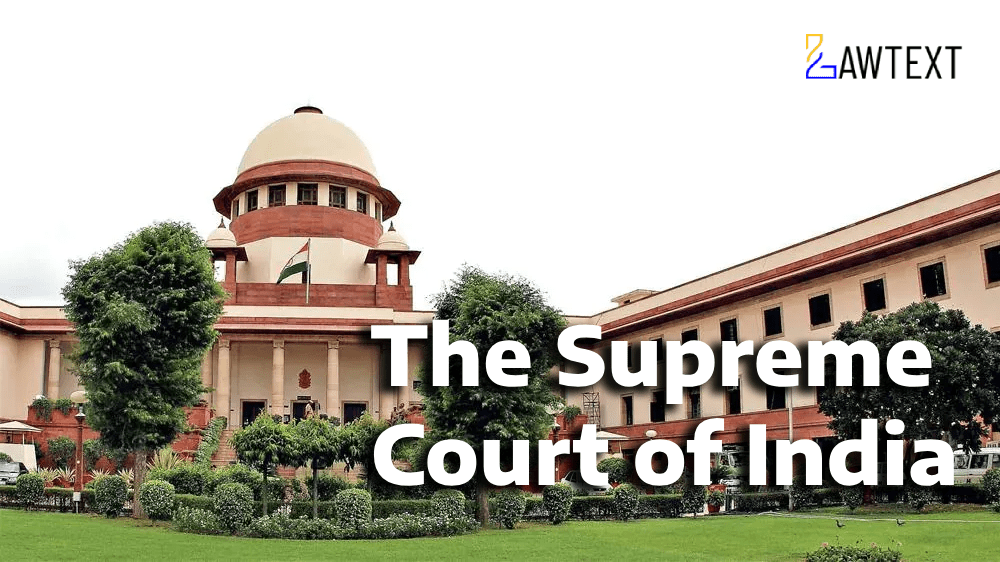Supreme Court Reverses High Court Conviction in Murder Case, Restores Acquittal by Trial Court. Supreme Court allows appeal, sets aside High Court conviction of two accused in a 2005 murder case citing improper reasoning and lack of evidence.

CASE NOTE & SUMMARY
The Supreme Court reversed the Karnataka High Court's conviction of two appellants in a murder case after the High Court overturned their earlier acquittal by the trial court. The appellants were accused of conspiring to murder Babureddy in 2005. The trial court had acquitted all accused, citing discrepancies in witness statements, but the High Court convicted them on appeal without adequately addressing these inconsistencies. The Supreme Court restored the acquittal, holding that the High Court failed to record firm grounds for reversal and did not follow the principles governing appeals against acquittals.
-
Background:
- The appellants were implicated in FIR No. 26 of 2005 for the murder of Babureddy, charged under Sections 143, 147, 148, 302 read with 149, and 120B of the IPC.
- The trial court acquitted the appellants, but the High Court overturned the acquittal and convicted them, sentencing them to life imprisonment.
-
Incident:
- The prosecution alleged that the appellants conspired to kill Babureddy due to a real estate dispute.
- The deceased was attacked by the appellants with deadly weapons on 07.02.2005.
-
Trial Court Acquittal:
- The trial court noted contradictions in the testimonies of key witnesses (PW-1, PW-2, and PW-3).
- Delay in the recording of witness statements and the absence of corroborating evidence weakened the prosecution’s case.
- The court ruled that the prosecution failed to prove guilt beyond a reasonable doubt.
-
High Court Conviction:
- The High Court reversed the acquittal and convicted the appellants based on the same evidence without providing adequate reasoning or addressing contradictions pointed out by the trial court.
-
Supreme Court Decision:
- The Supreme Court emphasized the burden on the appellate court to provide firm grounds when reversing an acquittal.
- The Court criticized the High Court for not addressing material contradictions in witness testimonies or providing sufficient reasons for convicting the appellants.
- The conviction was set aside, and the acquittal was restored.
Acts and Sections Discussed:
- Indian Penal Code, 1860 (IPC):
- Section 143 – Unlawful Assembly
- Section 147 – Rioting
- Section 148 – Rioting with a Deadly Weapon
- Section 302 – Murder
- Section 149 – Common Object
- Section 120B – Criminal Conspiracy
Ratio Decidendi:
- High Burden on Appeal Against Acquittal: The Supreme Court reiterated that the appellate court must provide compelling reasons for reversing a trial court’s acquittal, especially when the trial court had found significant discrepancies in the prosecution's evidence. The High Court's failure to do so rendered its judgment untenable.
Subjects:
Criminal Law, Appeal Against Acquittal, Burden of Proof, Indian Penal Code
ISSUE OF CONSIDERATION
Ramesh and another Versus State of Karnataka
Citation: 2024 LawText (SC) (9) 181
Case Number: CRIMINAL APPEAL NO. 1467 OF 2012
Date of Decision: 2024-09-18
Case Title: Ramesh and another Versus State of Karnataka
Before Judge: (SANJAY KUMAR J. , ARAVIND KUMAR J.)
Appellant: Ramesh and another
Respondent: State of Karnataka

